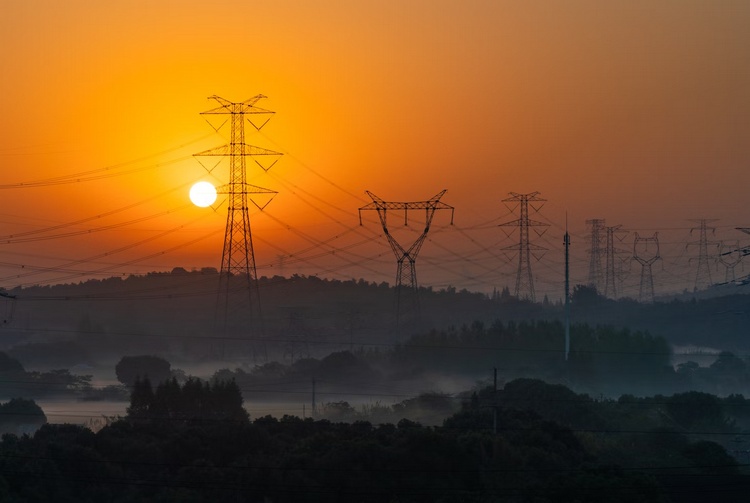January 5 NEC Energy News
¶ “BrightNight Gets A $375 Million Renewable Energy Credit Line With A ‘Green Loan’ Twist” • The US startup BrightNight has become a renewable energy force to be reckoned with. It just nailed down a new $375 million line of credit that will enable it to push ahead with a portfolio of 31 GW worth of wind, solar, and energy storage projects. [CleanTechnica]

¶ “First Conventional Uranium Mining In The US In Eight Years Has Begun In Utah And Arizona” • For the first in eight years, conventional uranium mining is underway in the US at three mines in Utah and Arizona. Energy Fuels Resources says that it plans to stockpile and eventually process the uranium at its White Mesa mill facility in Utah. [KSJD]
¶ “Positive Climate Solutions To Celebrate In 2024” • In 2024, the numbers about fossil fuels, renewable energy transitions, and cleantech innovations are quite illuminating, and frequently they are contradictory, but, together, clean climate solutions offer a generally positive framework for the energy transition taking place around us. [CleanTechnica]
¶ “US DOE: $70 Million To Strengthen Energy Sector Against Physical And Cyber Hazards” • The US DOE announced up to $70 million in funding to support research intended to increase resilience and to reduce risks to energy delivery infrastructure from cyber and physical threats, extreme weather events, natural disasters, and other hazards. [CleanTechnica]

¶ “Germany Reached 55% Renewable Energy In 2023” • In 2023, 55% of Germany’s power came from renewables, according to energy regulator Bundesnetzagentur, Reuters reported. The year was the first that renewable resources provided more than 50% of the country’s electricity. Wind and solar provided 31.1% and 12.1% of the electricity, respectively. [EcoWatch]
¶ “Ireland’s Last Peat-Fuelled Power Plant Switches To 100% Biomass” • Bord na Móna’s Edenderry power plant in Ireland moved from peat-fired electricity to biomass, meaning it no longer harvests bogs for fuel, the Irish Independent reported. The plant is the last of Ireland’s peat-fuelled plants to adopt an alternative fuel source. [Bioenergy Insight]
For more news, please visit geoharvey – Daily News about Energy and Climate Change.
